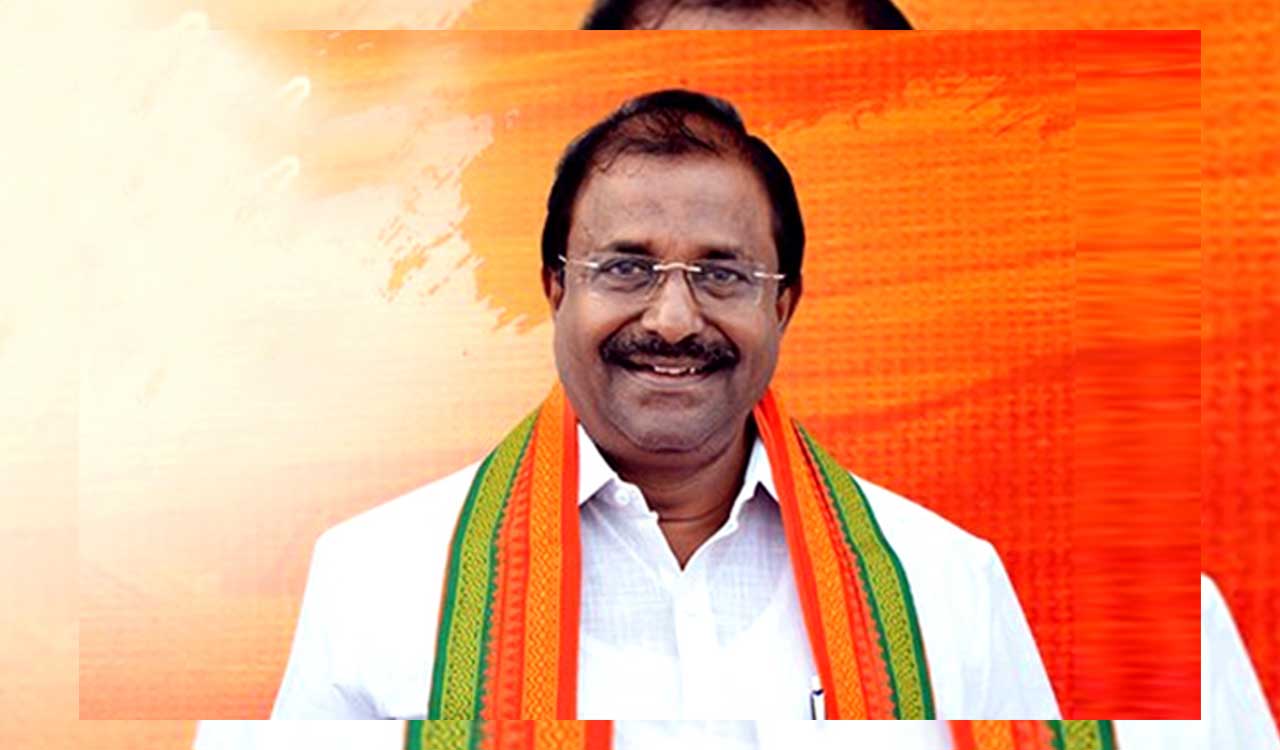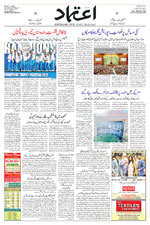Former Chinese premier Li Keqiang dies at 68
Fri 27 Oct 2023, 10:23:46
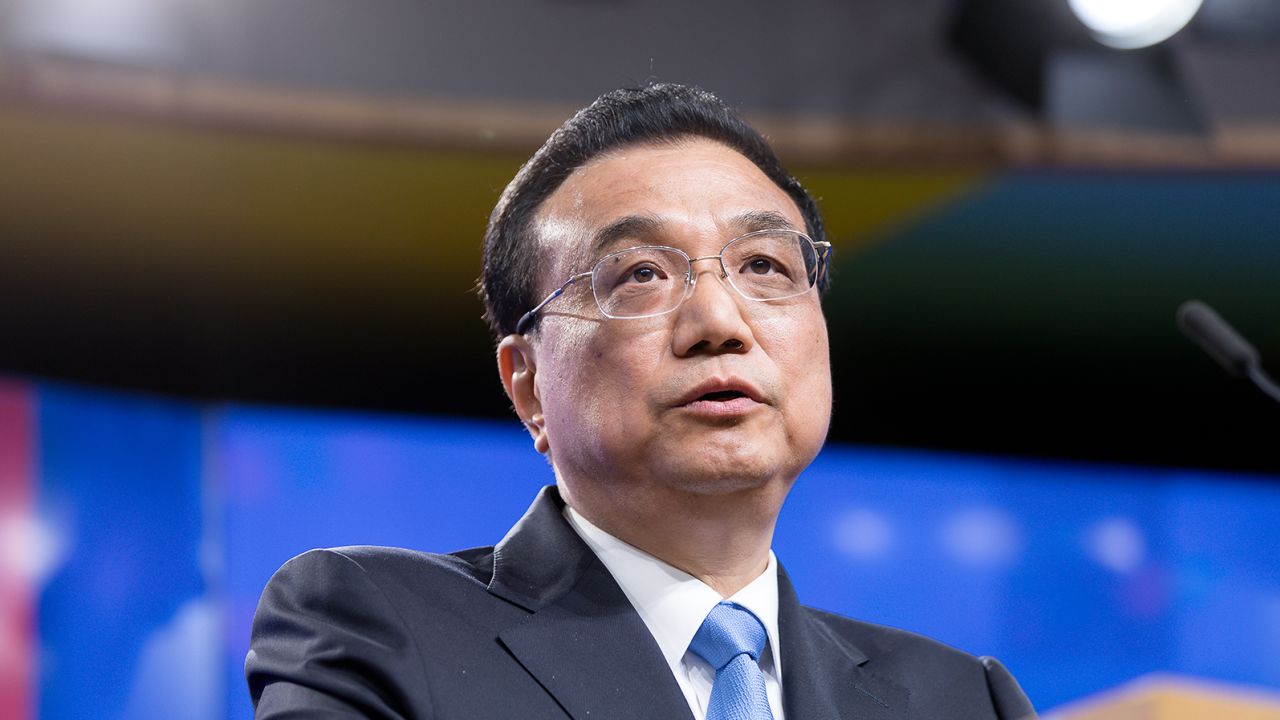
Beijing: Former Chinese premier Li Keqiang, a reform-minded bureaucrat once tipped as the country's future leader only to be eclipsed by President Xi Jinping, died Friday. He was 68.
He had a heart attack on Thursday and passed away in Shanghai just after midnight, state-run news agency Xinhua said.
During his 10-year tenure as premier under Xi, Li cultivated an image as a more modern Communist Party loyalist compared to his stiffer colleagues.
A career bureaucrat who spoke fluent English, he voiced support for economic reforms during his time in office.
The son of a minor party official in eastern China's poor Anhui province, Li was sent to the countryside to work as a manual labourer during the tumultuous Cultural Revolution of 1966 to 1976.
He went on to gain a law degree from Peking University, where classmates say he embraced Western and liberal political theory, translating a book on the law by a British judge.
But he became more orthodox after joining the ranks of officialdom in the mid-1980s, working as a bureaucrat while his former classmates protested in Tiananmen Square in 1989.
Li rose to become the ruling Communist Party's top official in Henan province, and in Liaoning in the northeast -- both of which saw economic
growth.
growth.
But his reputation was damaged by his handling of an HIV/AIDS epidemic stemming from a tainted blood donation programme while he was party boss in Henan.
Local authorities responded with a clampdown on activists and the media rather than assigning responsibility to the officials involved, and at the national level a stream of health scandals also happened on his watch.
Later, Li was promoted to become a deputy to then-premier Wen Jiabao.
His attempts at tackling China's deep economic challenges were curtailed by the overwhelming authority of Xi, with whom he was once seen as a rival for the country's leadership.
Praised for helping to steer the country through the global financial crisis relatively unscathed, his time in office saw a dramatic shift in power in China from the more consensus-based rule associated with former leader Hu Jintao and his predecessors, to the more concentrated power of Xi.
"People always debated whether (China's) institutions would... determine the outcomes, as opposed to just raw power," Victor Shih, an expert on China's elite politics at the University of California San Diego, told AFP.
"And of course, recent events show that raw power still matters more."
No Comments For This Post, Be first to write a Comment.
Most viewed from International
Most viewed from World
AIMIM News
Delhi Assembly polls: Owaisi leads Padyatra in Okhla
Feb 01, 2025
We reject this Waqf Amendment Bill: Asaduddin Owaisi
Jan 30, 2025
Latest Urdu News
Most Viewed
May 26, 2020
Which team will win the ICC Men's Champions Trophy 2025 held in Pakistan/Dubai?
Latest Videos View All
Like Us
Home
About Us
Advertise With Us
All Polls
Epaper Archives
Privacy Policy
Contact Us
Download Etemaad App
© 2025 Etemaad Daily News, All Rights Reserved.

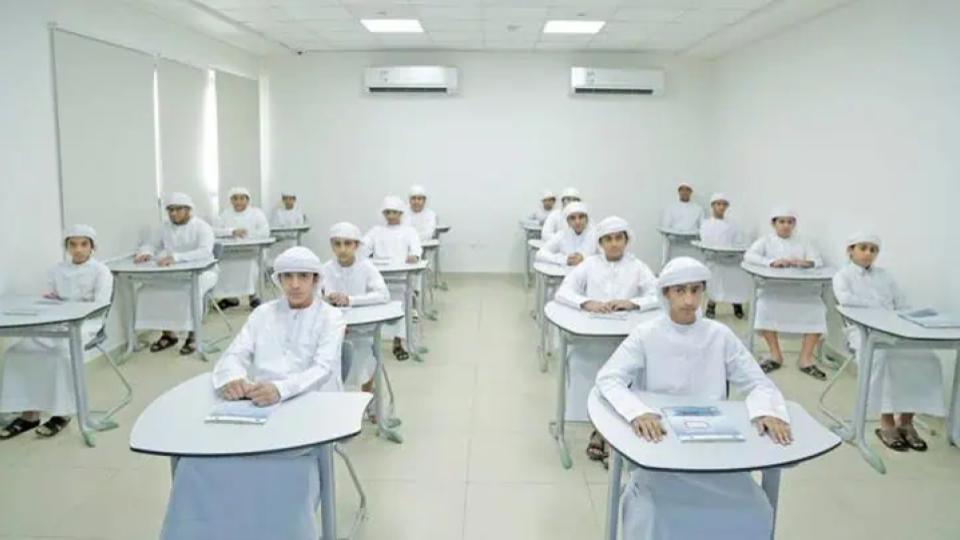
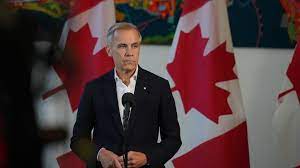
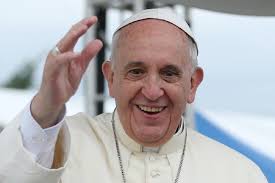





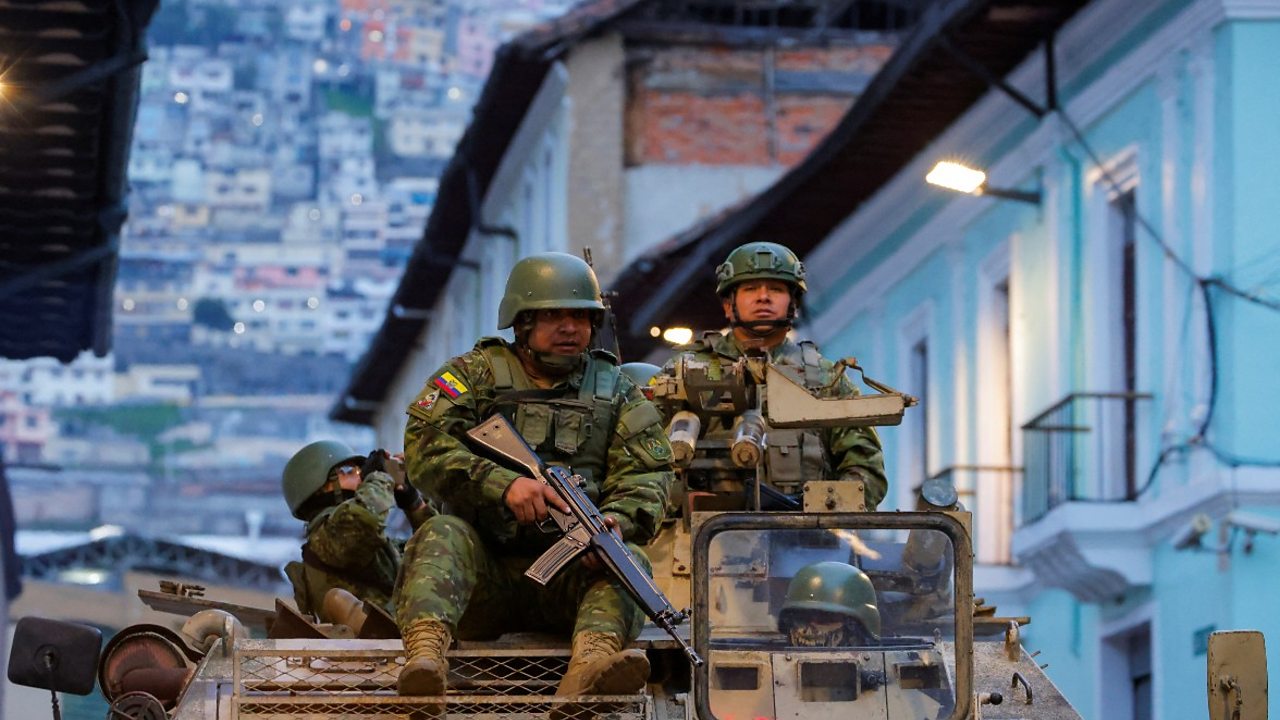
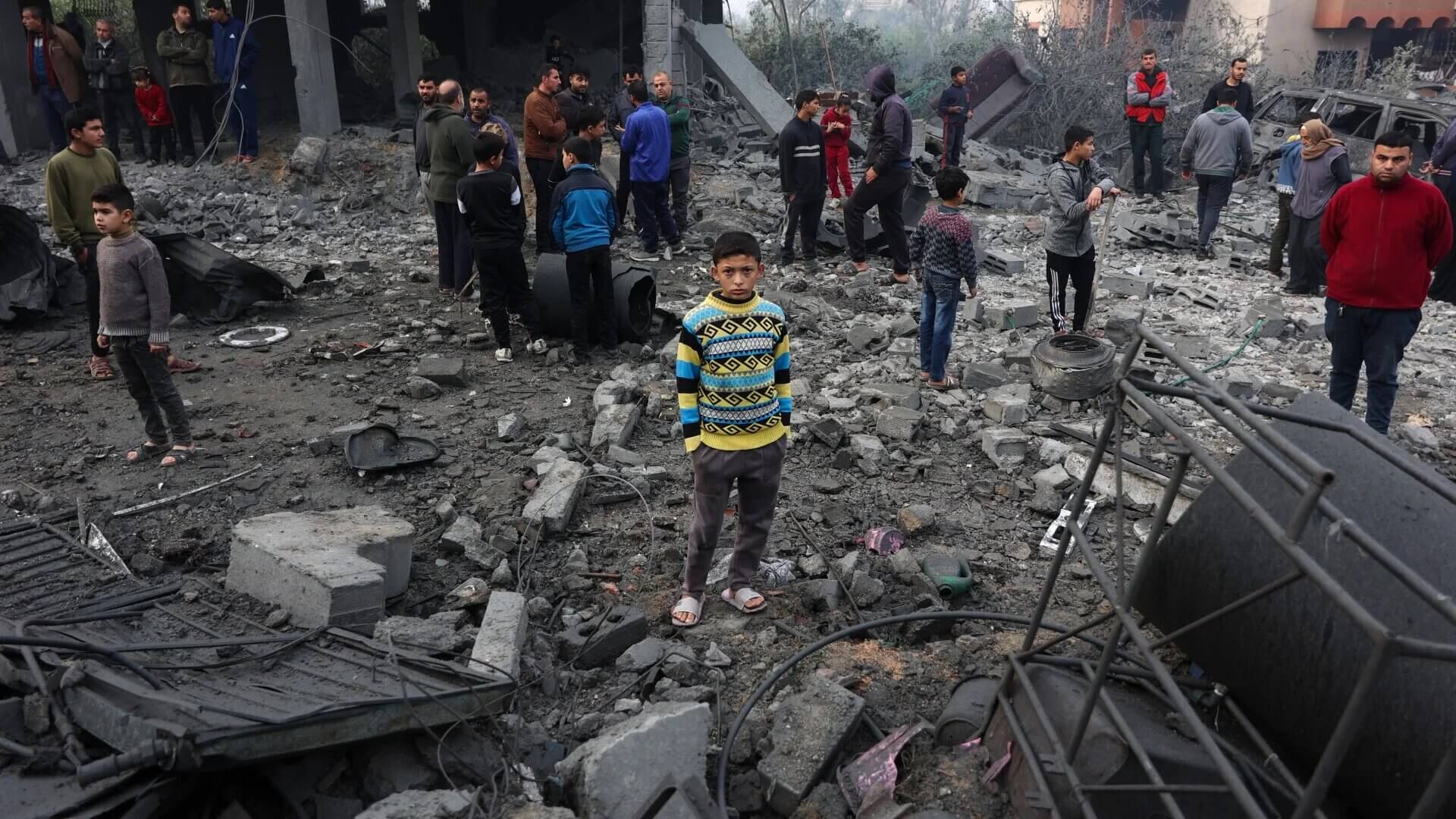
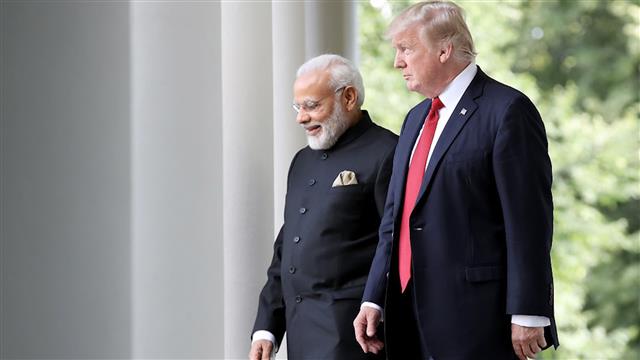
.jpg)
.jpg)
.png)
.jpg)
.jpg)
.jpg)
.jpg)
.jpg)
.jpg)
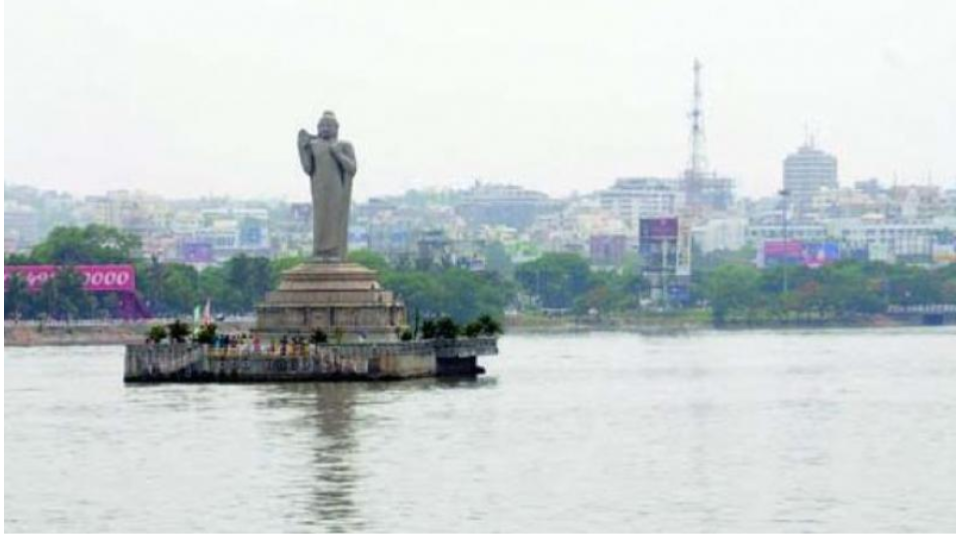
.jpg)
.jpg)
